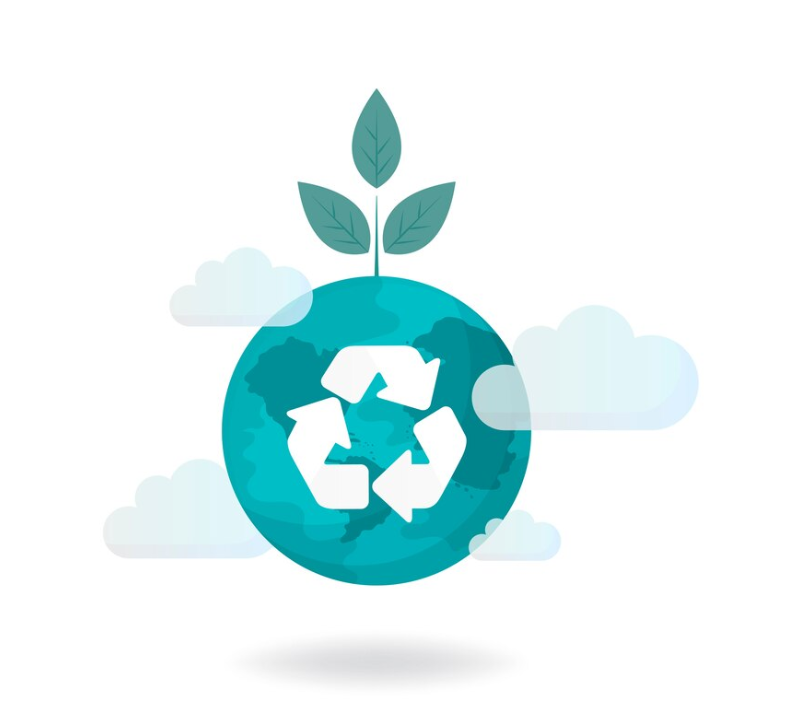In the context of sustainability and energy saving, good maintenance of white goods is essential. Proper maintenance extends the lifespan of appliances and ensures efficient energy use, which is good for both the environment and your wallet. Below you will find a number of tips for sustainable maintenance of white goods:
Regular cleaning for optimum efficiency
Dust and dirt can make white goods less efficient and lead to higher energy consumption. Make sure you clean the filters in your washing machine, dryer and dishwasher regularly. A clean machine works better and uses less power.
Check and maintain parts
Some parts, such as the seal of washing machines and the condenser of refrigerators, require special attention. Worn or dirty parts can seriously impair the performance of an appliance. By replacing or cleaning these parts in time, you can significantly extend their lifespan.
Tip: At Witgoed Service CC you can get professional maintenance and advice on replacing essential parts.
Smart settings for energy efficiency
Many modern white goods offer energy-saving settings that use minimal water and electricity without reducing performance. By choosing the eco-mode or low temperature settings, you can save money without sacrificing comfort.
Preventive maintenance
While DIY maintenance is important, professional servicing can be helpful from time to time. Technicians can detect problems you might miss, such as inefficient motors or leaks, which can affect the long-term durability of your unit. An annual check-up can save you money on repairs and replacements down the road.
Repair instead of replace
If an appliance has a defect, repairing it is often more sustainable than replacing the entire appliance. Today, there are numerous repair options available through service companies that can help find a cost-effective solution to give your appliance a second life.
Sustainable maintenance contributes significantly to a low ecological footprint. By maintaining and, where possible, repairing appliances, you extend their lifespan and reduce energy consumption. This fits into a broader sustainable construction and furnishing project, in which every detail, such as maintaining white goods, contributes to a greener future.

